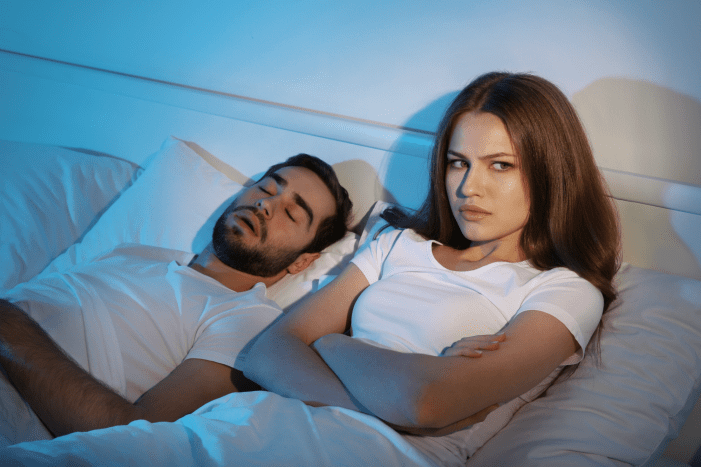Stress and Sex Hormones
Have you ever noticed that men and women get stressed out over different things? They also tend to react to stress differently. Although some consider these differences to be influenced by culture, scientists are finding that sex hormones play a big role in men and women’s stress levels.
Scientists are starting to better understand the link between sex hormones male and female’s different responses to stress. A 2015 study published in the science journal, Hormones and Behavior, reported that areas of the brain that help us identify and manage stress, activate differently in males and females. There are also sex differences in how stress influences behavior. As a result, women have two times the risk being diagnosed with anxiety disorders than men do.
Clinical studies indicate that when their estrogen levels are low, women have a heightened sensitivity to stress. Also, a woman’s risk of anxiety disorder can change based on the stage of her reproductive life. Women with low estrogen who experience trauma also have more difficulty letting go of the resulting stress. And when recalling the original trauma, women with low estrogen experience stronger stress responses than women with normal estrogen levels.
Men’s sex hormones also impact their stress level and moods. Men have an increased risk of depression that coincides with the natural decrease in testosterone that’s associated with aging. In fact, a man’s risk of developing any type of anxiety disorders increases when his testosterone levels are below normal.
There may be other physiological factors that impact how differently males and females are influenced by and react to stress, but studies have clearly identified that sex hormones are a contributing factor. How we manage stress is just one of many ways sex hormones affect our bodies and lives. Hormone levels must always be considered when it comes to maintaining good health and quality of life.


